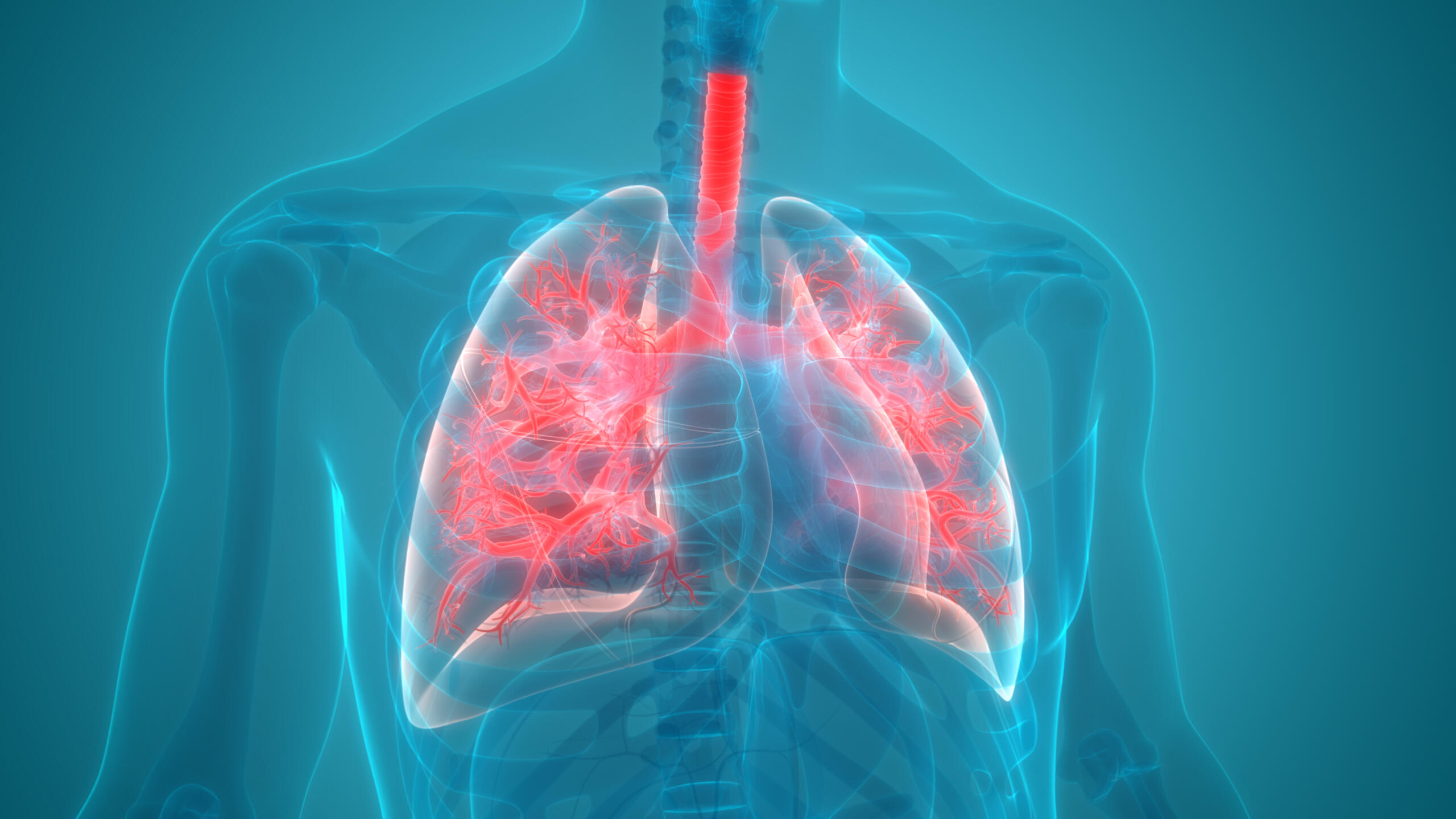While the common cold tends to run through communities each year, it’s not an illness that should be overlooked. Sometimes what starts as a simple cold can progress into an illness that’s much more serious. And in some individuals, your average cold can rapidly become pneumonia. A lung infection that strikes people of all ages, pneumonia can develop without you even realizing you have it. Once this illness begins, it can wreak havoc on your body. If you don’t know much about pneumonia, you can search online to learn about the symptoms, types, and treatment options.
Pneumonia is an illness that can start in a number of different ways, which makes it both easy to contract and difficult to detect. It’s important, though, to understand what pneumonia looks like so you can get treatment early on. Search online to learn more about pneumonia and its effects.
How Pneumonia Affects the Body
Pneumonia is a lung infection that varies widely. It can be mild or severe, simple enough to be cured with medication at home, or serious enough to land you in the hospital.
And when pneumonia takes hold in your lungs, it inflames the air sacs present there. As a result, the air sacs fill with fluid or pus. This makes it difficult to breathe, limiting the amount of oxygen you can take in and get into your bloodstream.
Pneumonia can affect anyone of any age. However, it’s most serious in those whose immune systems aren’t strong enough to combat the illness – like children two years old or younger and individuals aged 65 and older. Those with lifestyle habits that can cause health issues, like smoking and drinking too frequently, can also be more at risk.
The Signs and Symptoms of Pneumonia
In order to detect pneumonia early, you have to know what its symptoms look like.
While pneumonia symptoms can vary in severity, they do typically remain the same regardless of how serious your individual case is. Symptoms commonly include:
- Coughing;
- A cough that produces phlegm;
- Sweating or chills;
- A fever;
- Shortness of breath (even while resting);
- Chest pain that worsens when you cough or breathe;
- Headaches;
- Feeling fatigued;
- A loss of appetite;
- Nausea, and;
- Vomiting.
Remember, you can have pneumonia without even knowing. You may have more subtle symptoms, like a persistent cough, or even no symptoms at all if you have walking pneumonia.
Additionally, children and older individuals can have other symptoms. If your child is under five years old or you’re over age 65, look for these extra symptoms that can signal pneumonia:
- Fast breathing;
- Wheezing;
- Difficulty eating or drinking;
- Confusion, and;
- A lower-than-normal body temperature.
You should see your doctor if you think you might have any symptoms connected to pneumonia. Search online to find doctors in your local area.
Potential Complications and Dangers
If pneumonia goes unnoticed or untreated, serious complications can arise. And these complications are what make pneumonia such a potentially deadly illness for so many people.
While complications are most common in individuals who are considered high-risk for pneumonia, they can develop in anyone. Common pneumonia complications include:
- Bacteremia, or bacteria in the bloodstream. This can lead to organ infections and potential organ failure.
- Difficulty breathing, which may require you to be put on a ventilator.
- Pleural effusion, or fluid buildup in the lungs. That fluid will need to be drained or removed via surgery.
- A lung abscess, or pus forming in a lung cavity. These can be treated with antibiotics, but they may require surgery or special draining.
Complications can even occur with treatment, so make sure you act quickly if you suspect you might have pneumonia. Seeing a doctor is the best way to regain your health and get treatment as soon as possible. You can search online to discover doctors in your area who can diagnose your condition.
Treating Pneumonia
There are several ways to treat pneumonia. The specific treatment or treatment options that’ll be best for you depends on what kind of pneumonia you have (or what’s causing it) and the severity of your case.
Commonly, bacterial pneumonia is treated with antibiotics while viral pneumonia is treated like the flu, with rest, fluids, and antiviral medications. Fungal pneumonia requires antifungal medications. Doctors can usually prescribe over-the-counter medications for pneumonia’s symptoms, which makes securing treatment easy to do.
However, hospitalization may be necessary if your symptoms are very serious. High-risk individuals, such as those with weakened immune systems, can also need hospitalization for a thorough treatment.
If you think you might be suffering from pneumonia, make sure to see a doctor. You can search online to learn more about pneumonia and find doctors in your area who may be able to diagnose and treat you. It’s important to take action quickly to get back to full health.
